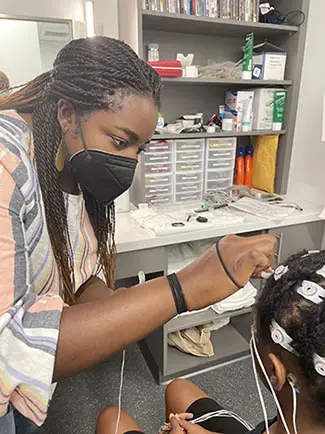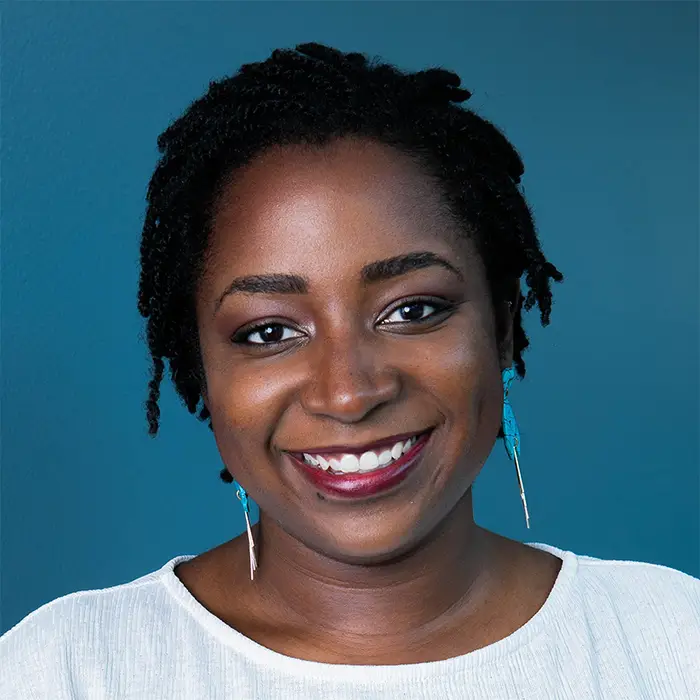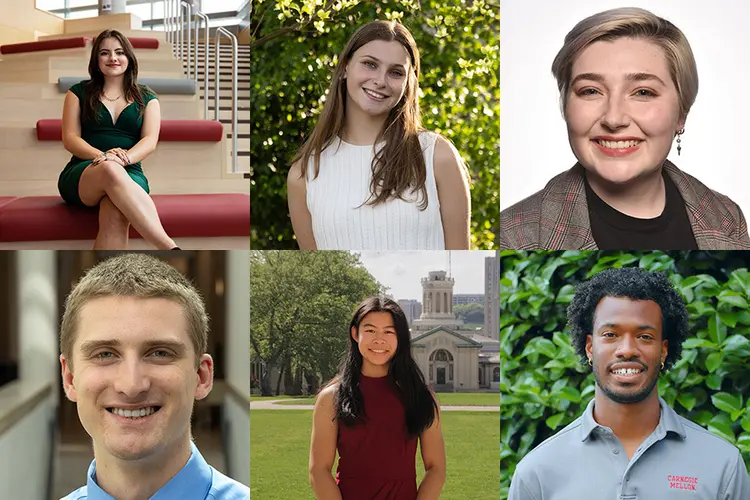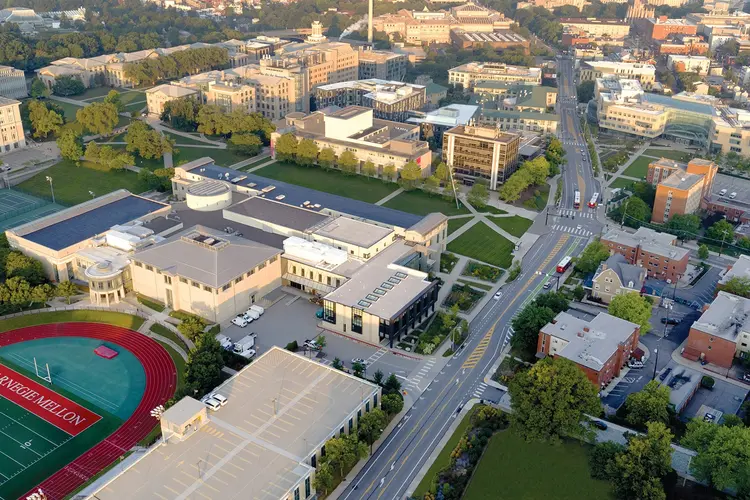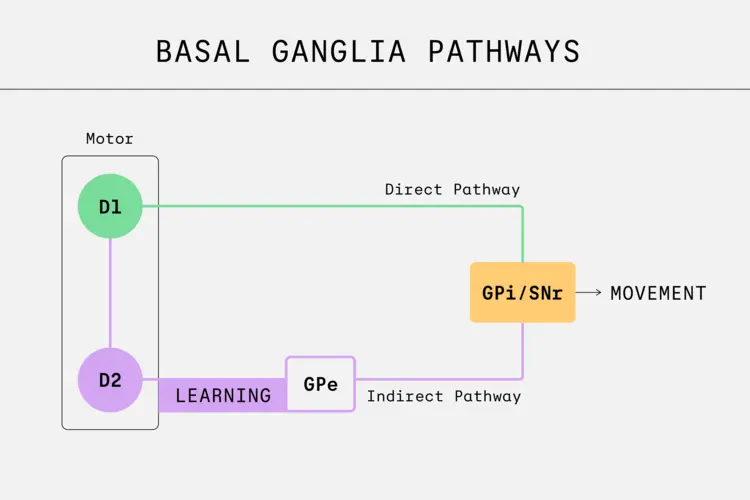Kwasa Named Fulbright U.S. Scholar
Media Inquiries
Jasmine Kwasa, a postdoctoral researcher at Carnegie Mellon University’s Neuroscience Institute(opens in new window), has received a Fulbright U.S. Scholar Program(opens in new window) award to expand access to quality epilepsy monitoring in Kenya. The Fulbright Scholar Program provides funding for U.S. residents to teach, conduct research and carry out professional projects around the world.
Kwasa works in the labs of Pulkit Grover(opens in new window), Angel Jordan Professor of Electrical and Computer Engineering and the Neuroscience Institute and Barbara Shinn-Cunningham(opens in new window), director of the Neuroscience Institute and George A. and Helen Dunham Cowan Professor of Auditory Neuroscience. Kwasa is also the chief technology officer of Precision Neuroscopics, a startup that sells inclusive neural technology products.
Kwasa’s research is currently focused on testing and designing products like Sevo clips(opens in new window) — devices used to help electroencephalography (EEG) machines work on people with coarse, curly, dense and afro-textured hair. She'll take that testing further at the Brain and Mind Institute(opens in new window) at Aga Khan University in Nairobi, Kenya.
"We know that our devices can be used with EEG to effectively monitor seizures, strokes, brain injuries and sleep disorders, but we need to do more testing. Here in the U.S. many people who consider themselves as racially Black actually have mixed ancestry because of slavery, so their hair type is variable. In Kenya, though there is a lot of mixing across tribes, most people are solely African, and testing on those phenotypes is very different because the hair has much tighter curls, on average. We want to make sure that we're including those hair types specifically," Kwasa said.
At Aga Khan, Kwasa will also help to set up an EEG research lab, bringing cutting-edge EEG analysis to epilepsy care.
"We’ll be expanding access to pivotal brain science in East Africa,” Kwasa said. “They're really thinking a lot about brain health and trying to be pioneers in that field, talking to people about their work and getting rid of the stigma around it."
Grover said this project represents something he and Kwasa have dreamed about for a long time.
"Dr. Kwasa's Fulbright award will kick off collaborations with five additional hospitals and universities in Africa," he said. "It’s a thrilling start."
Kwasa always wanted her work to reflect her culture and be based in social justice.
"I'm really interested in expanding beyond the American cultural context of marginalized groups and thinking about marginalized groups around the world," she said. "The Fulbright award is special, both in terms of scientific expansion in a global health approach, and for me personally, because I’m half Kenyan. It's my family, it's my people, it's the people who look like me."
Shinn-Cunningham, Kwasa’s long-time mentor and colleague, said she embodies the best of CMU.
"Dr. Kwasa uses her exceptional scientific and engineering skills to address inequities and make the world a better place. I think I've learned more from her than she has from me, and I cannot wait to see what comes out of this exciting project," she said.
Jasmine Kwasa
